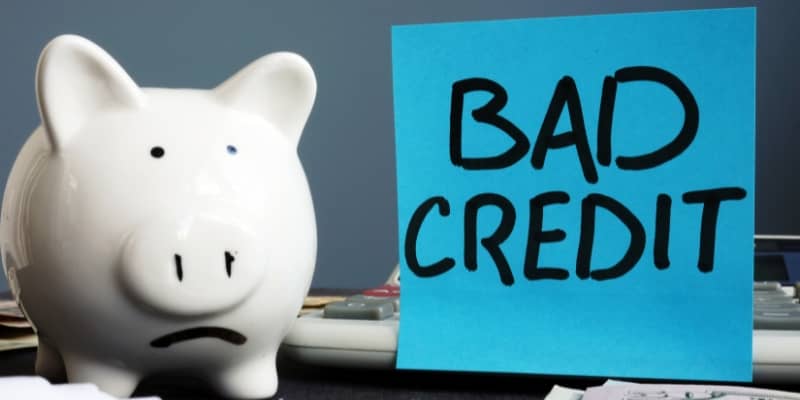If you’re ready to kill my bad credit, you’ve come to the right place. A bad credit score can affect everything from your ability to take out a loan to your ability to buy a house or even get a job. The good news is that you can turn things around and work to improve your credit score. In this blog post, we’ll look at some of the best ways to get started on killing your bad credit score.
1: Understand Your Credit Score

2: Get A Copy of Your Credit Report
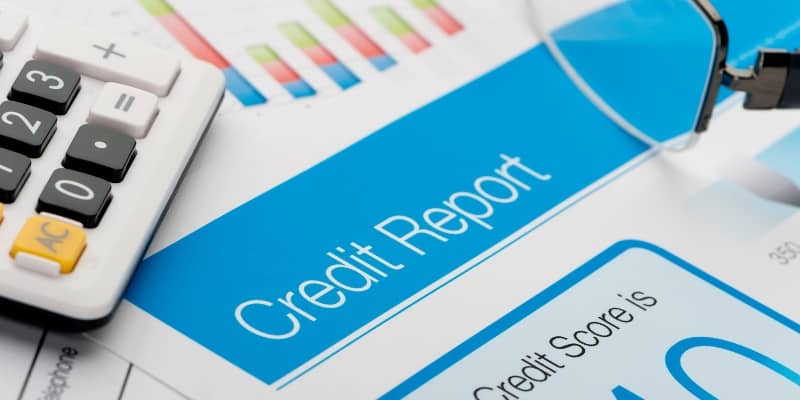
3: Check for Errors on Your Credit Report
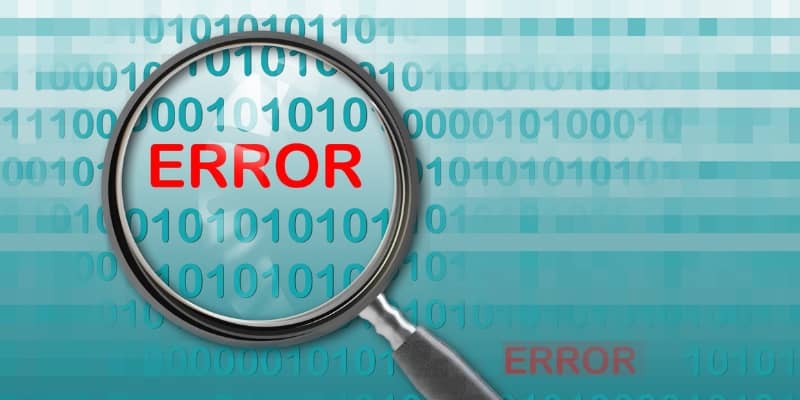
4: Dispute any Errors on Your Credit Report
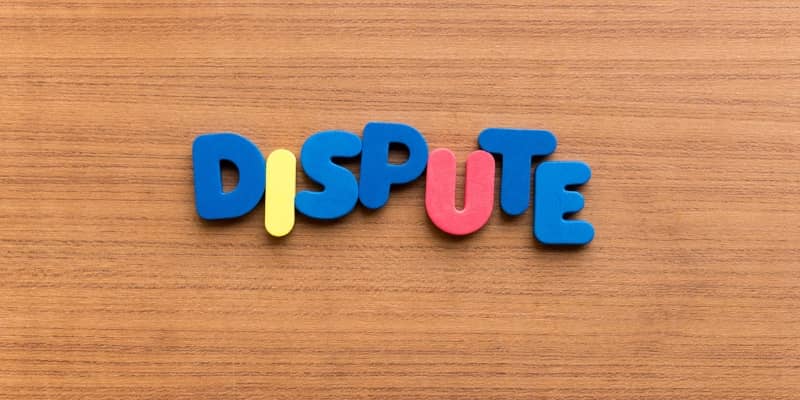
The credit reporting agency will then review your dispute and respond with its findings. They may ask for additional information or request that you provide more evidence to support your dispute. If they find the disputed item to be inaccurate, they must update your credit report with the correct information and provide you with a free copy of your updated credit report.
5: Work with a Credit Counseling or Repair Service
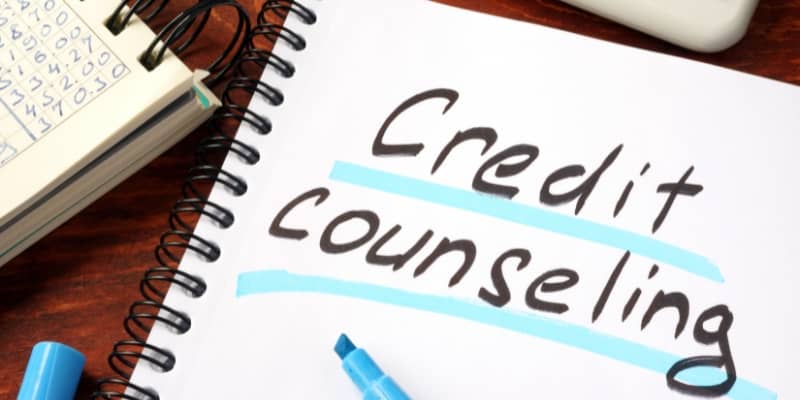
If you’re struggling to pay off debt, get out of debt, or kill your bad credit score, it might be worth looking into credit counseling or repair services. Credit counseling and repair services are companies that specialize in helping people manage their credit and improve their credit scores.
When you work with a credit counseling service, they can help you create a budget, negotiate with your creditors to lower your payments and interest rates, set up payment plans, and find solutions to paying off your debts. A credit counseling service will also provide financial education so you can better manage your money and your debt in the future.
On the other hand, credit repair services are for people who need help fixing inaccurate information on their credit reports. Credit repair services will work with the three major credit bureaus to identify and dispute any errors on your credit report. This can include things like outdated information, incorrect account statuses, identity theft, or unauthorized charges. It’s important to note that credit repair services do not guarantee results, but they can be helpful if you have a difficult time getting errors removed from your credit report on your own.
Before working with a credit counseling or repair service, make sure to thoroughly research the company and read reviews. There are many reputable companies out there, but there are also some that are fraudulent and have hidden fees. It’s important to only work with a company you trust.
6: Create A Plan to Improve your Credit Score

One of the best ways to kill my bad credit is to create a plan to improve my credit score. This plan should include steps to reduce debt, establish a payment history, and build good credit habits.
First, take stock of your current financial situation. Make a list of all your debts, including credit cards, mortgages, car loans, student loans, and any other debt. Note the interest rate associated with each loan and the minimum payment due.
Next, decide which debt to focus on first. Generally, it’s best to start by paying off high-interest debts first. Once you’ve identified the debt you want to tackle first, create a plan to pay off the debt on time. You may need to budget or adjust your spending habits to make sure you have the money available to make the payments on time.
To establish a payment history, make sure that you pay all your bills on time every month. Set up auto payments if possible, so you don’t have to worry about manually making payments each month. Additionally, use different types of credit, such as a personal loan or secured credit card, to demonstrate your ability to manage different types of credit accounts responsibly.
Finally, develop good credit habits like keeping credit card balances low and avoiding unnecessary purchases. Building good credit takes time and dedication, but if you follow these steps, you can kill your bad credit and improve your credit score over time.

